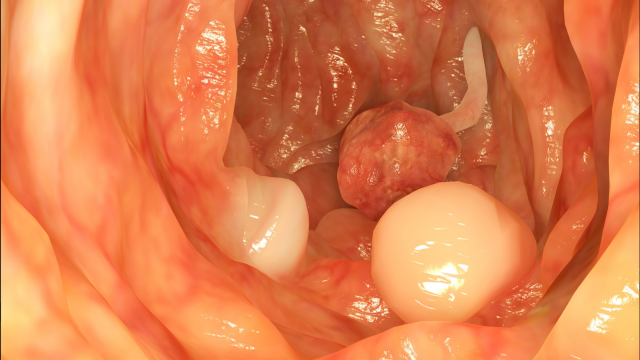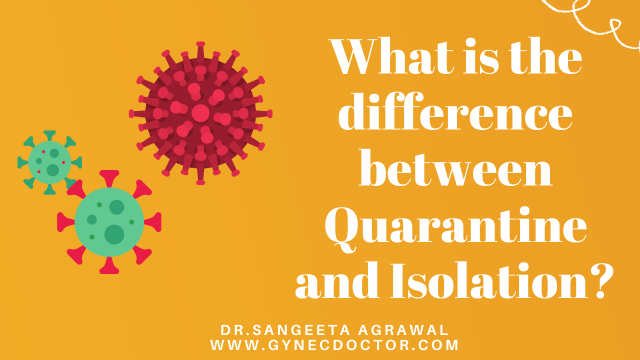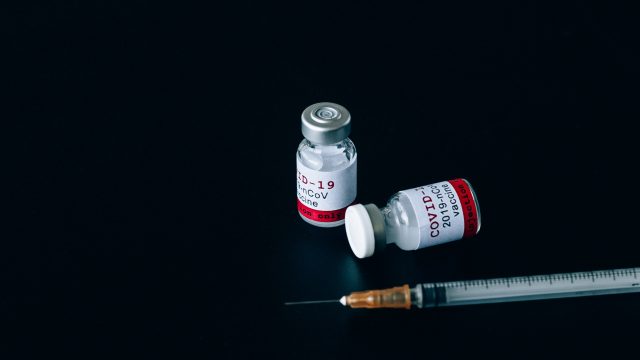There are some medicines that can be used for uterine fibroids treatment. It is important to remember that medicines cannot cure fibroids. They only help in controlling the symptoms until the definitive treatment is done.
The common symptoms that need treatment are:
- Pain especially during periods.
- Heavy frequent periods
- Pressure symptoms
- If they are coming in the way of getting pregnant.
The Options of Uterine Fibroids Treatment are as follows:
Pain killers: NSAID’s are commonly used to manage the pain associated with fibroids. It is important to note that they cannot be used during pregnancy.
Androgens: The male hormones were used to control fibroids but now are obsolete. They are effective in stopping the heavy flow and shrinking the fibroid but have very unpleasant side effects and therefore no longer used.
Birth Control Pills: They are commonly used as the low dose of the hormones help in controlling the heavy periods. These are ideal in women who have mild symptoms, small fibroids, also need contraception and are below 40. They are also good for the young unmarried women who have heavy painful cycles. It is important to note that they don’t shrink the fibroids.
Ulipristal: This drug prevents the action of progesterone on the fibroids. Progesterone is important for the growth of the fibroids. Thus, the drug leads to a reduction in the size of the fibroid and reduces the menstrual flow. It is usually given for 3 to 4 months and then stopped. Spontaneous conception is possible after treatment with ulipristal. But it should not be used during pregnancy. It is also useful as a pre-surgery treatment.
Mifepristone: This drug also prevents the action of progesterone on the fibroids. It, therefore, reduces the volume of the fibroids and the menstrual blood loss. Over a period of 3 months, it can almost stop the periods. But they resume once the treatment is stopped. Over a few months, the fibroid may also increase in size to the pre-treatment level.
Therefore, it is preferable to use this drug in perimenopausal women in whom fibroids would regress after menopause, unmarried patients who want to avoid surgery and as a preoperative adjunct, especially in patients with pre-operative severe anemia, large fibroids, where surgery is technically difficult or where leiomyoma are unresectable. Preoperatively it can shrink the fibroids and therefore one can convert an abdominal hysterectomy for large fibroid into a vaginal hysterectomy.
Levonorgestrel Hormone Releasing Intra-Uterine Systems (LNG-IUS): This is an intrauterine device but is different from the Copper device. This contains the hormone levonorgestrel (LNG) in the vertical arm of the device. This once inserted inside the uterus releases 20 micrograms of LNG inside daily. The device provides contraception and decidualized the endometrium and makes it atrophic over a period. It thereby reduces menstrual blood loss and eventually also leads to amenorrhoea.
This device works well for women who have finished childbearing, want contraception and have heavy irregular periods. We routinely use it in case of women with fibroids but we always do a hysteroscopy to check that the cavity is uniform (that there are no submucous fibroids and polyps) and collect the endometrium sample for histology to ensure that the endometrium is healthy. The LNG -IUS will not shrink the fibroids.
Injections: GnRH Agonists injections are also used in managing fibroids and are particularly useful in shrinking the fibroids pre-surgery. They influence the HPO axis and cause a sustained reduction in the hormones in the body. They cause a menopause-like environment. They have side effects and are expensive and are useful only as temporary treatment till natural menopause happens or definitive treatment is done.
The above list covers the common medicines that are used in fibroid management. The views here are only a brief idea of the drugs. The best choice of medication can only be done by the doctor after seeing the patient, getting a detailed history, examination, and reports. The treatment will need to be individualized after understanding age, symptoms, the need for fertility, and eligibility for different options.
Consult Dr. Sangeeta Agrawal for Uterine Fibroids Treatment


















